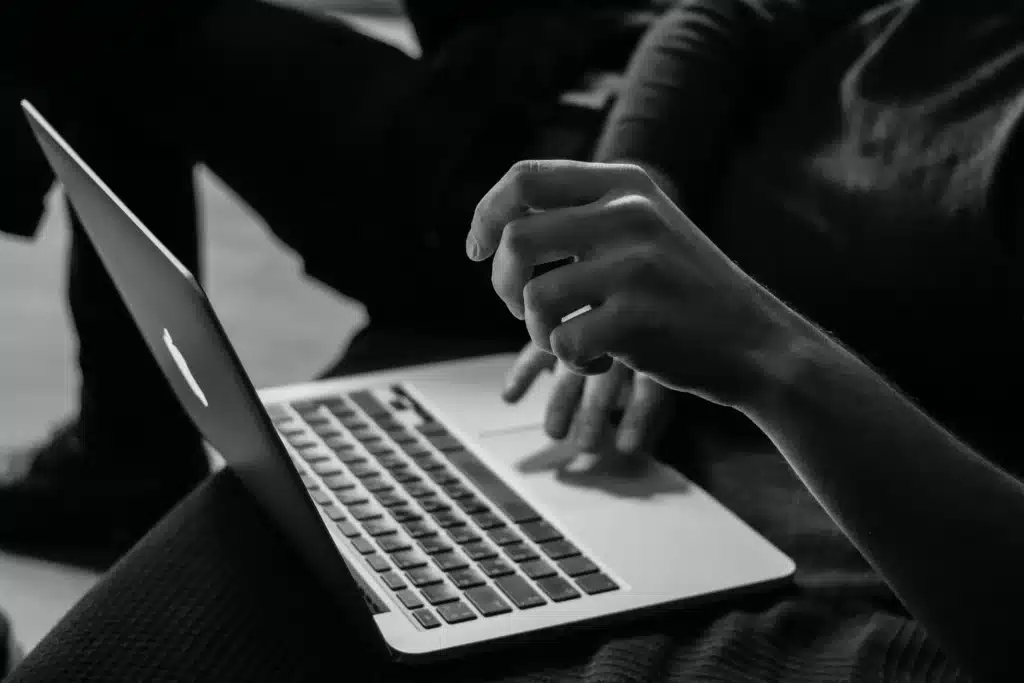Secondo a new study, US internet users feel more and more overloaded by the internet. The time spent on the internet continues to increase but people are not happy about it. However, and this is perhaps the worst side, she finds it increasingly difficult to get away from the web. And this social isolation is not a uniquely American problem.
Social media has exploded social isolation: how to reduce time spent online
People are spending more time online and they're not happy about it. Social media has exploded social isolation: how to reduce time spent online.
Social isolation is a condition in which people feel alone and cut off from others. In the past, social isolation was a problem that mainly affected older or lonely people, but today it is a problem that affects more and more young people. According to a recent survey, 60% of Italians aged between 18 and 34 feel alone.
Social media has often been blamed for increasing social isolation, but it's not that simple. Social media can be used in different ways and can have different effects on our social life. For example, some research suggests that spending too much time on social media can reduce the quality of our social relationships, while other research suggests that social media can instead increase our social life.

What's the truth?
Overall, it appears that excessive use of social media can lead to social isolation while using moderate of social media would increase our social life. If you want to cut down on your time spent on social media, here are some steps you can take:
1 – Make a list of the reasons why you use social media.
Identify the reasons why you use social media and make a list of those reasons. For example, if you use social media to keep in touch with friends or to share your views on world events, that's probably not a problem. However, if you use social media to avoid loneliness or to vent your anger, ask yourself a few questions.
2 – Identify the social media you use the most.
Once you've identified the reasons why you use social media, identify which ones you use the most. With a clue that can't be more trivial: if you spend a lot of time on Facebook but not on other social media, Facebook is likely your problem. If, on the other hand, you use many social networks, you can start by reducing the one most used to see if things change, then move on to the others.
3 – Spend time offline.
Try to spend time offline every day doing activities you enjoy. For example, you can go for a walk, read a book or watch a movie. These activities will help reduce your time spent on social media and make you feel better.
4 – Establish rules for using social media.
Set rules for using social media and try to follow them. For example, you can stipulate that you won't use social media after 20pm or that you will only use it for an hour a day. Following these rules will help you reduce the time spent on social media.
5 – Talk to others about the problems you have with social media.
If you think you have a problem with excessive social media use, talk to someone close to you about this problem. It may be helpful to talk to a friend or family member who shares your concerns. This will help you better process your problem and find solutions together.
In conclusion
Social media are not a negative or a positive factor: they are tools. It is not the social media that makes decisions, but simply a tool that allows you to communicate. If used well and conscientiously it can be useful, if used incorrectly it can harm. This is why it should not be demonized, but managed: will you be able to do it, or will you succumb to algorithms? What I didn't tell you is that yes, social networks are not negative or positive, but they are not neutral either. Their goal, trivially, is to keep you inside them as much as possible, so as to show you more advertising.
What these platforms really care about is your time. Use it well, and if you realize you're wasting it, well, you know what to do.


